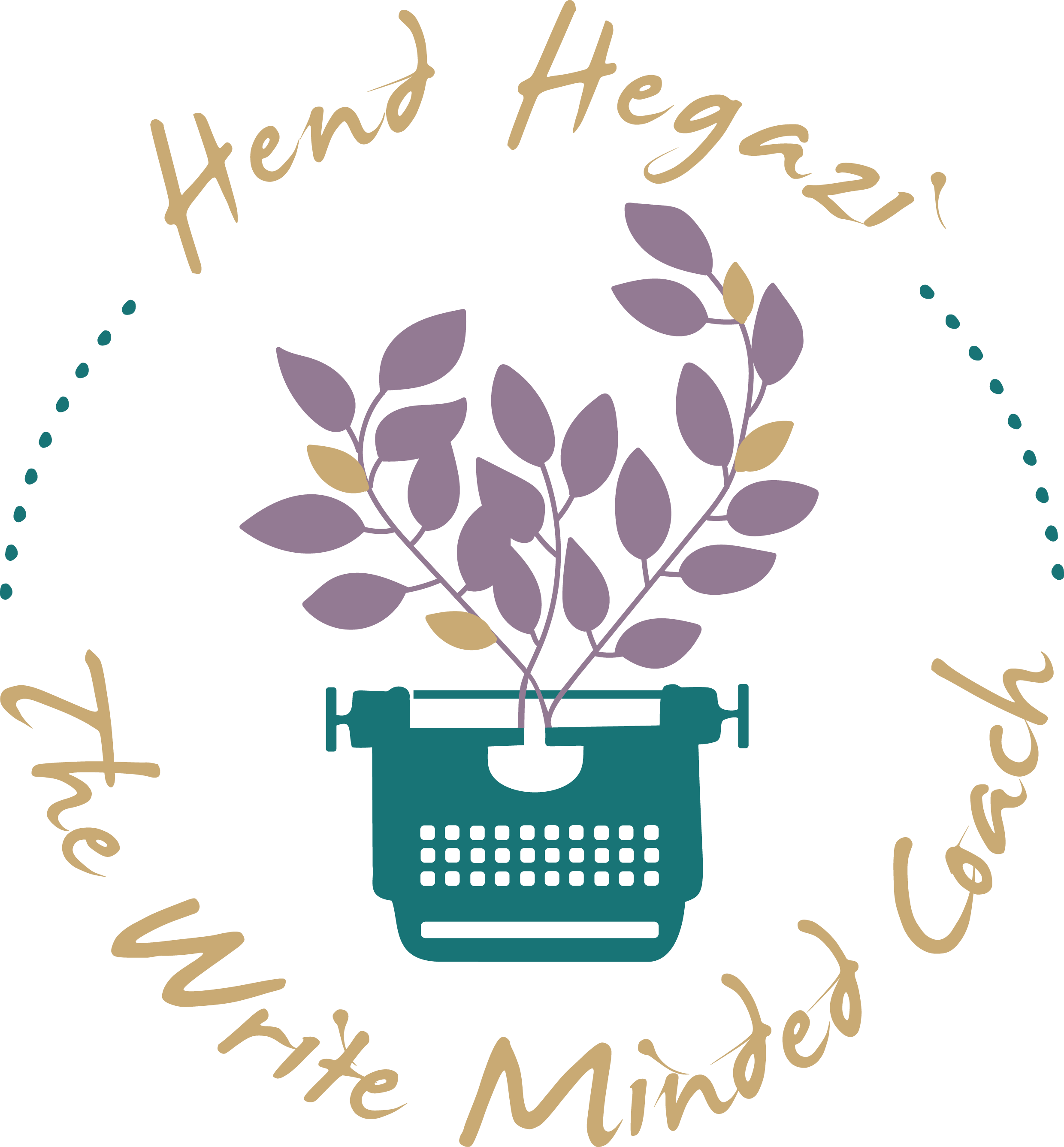I have been a lover of poetry all my life. I love reading it and writing it. I love feeling like other poets are writing about me and my experiences. I love feeling seen.
But I’m not going to lie, I don’t understand every poem that I read. Actually, I don’t understand many of the poems I read. And in my effort to expand my knowledge and appreciation for my craft, I took an online poetry course taught by the instructors and poets at the University of York. Here are some of the things I learned during that four week course:
There is more terminology in poetry than I ever knew. I now know what intertextuality is, as well as ekphrasis. I learned about a type of poem—called the ghazal—which comes from Arabic origins (YAY! and why wasn’t I exposed to this before??).
I can appreciate a poem even if I don’t know all the literal elements or terms. I don’t need to know the term ekphrasis to appreciate a poem which describes a piece of art. I don’t need to know what intertextuality is to recognize when a poem pays homage to the work of an earlier poet. I don’t need to know those terms. Will I have an edge if I do? Well that depends. If my work is directly interacting with poets, then knowing these terms will help me communicate more clearly and concisely with my colleagues. Similarly, if I’m surrounded by poets who discuss their work often. But if I’m not often in those settings, then while that knowledge will help me appreciate that poetry is a wide, extensive field, it will not really help me appreciate poems more.
Even poets break the rules, and that neither decreases the value of their work nor minimizes the audience’s reactions to it. For example, imperfect sonnets—where the number of lines is off or the rhyme scheme isn’t perfect—are more common than we learn about in school, even from famous poets. And while those poems may be “imperfect” they are no less treasured by the poetry community.
Translations of poems—or any literary work, really—are an important way we understand and connect with poems birthed through foreign tongues. I used to think that poets may be offended by translation, that they might feel like the essence of their piece disappeared through the language portal. I learned that not only is a poet right to translate a poem into their own other language for better understanding and connection with it, but it can help a whole people develop an appreciation for a poem they would have otherwise never learned about. It is an honor to be a poem translated—it means someone loved it enough to share it with a much wider audience.
I’m a bit wiser about poetry now compared to before I took this course. I loved listening to the poems being read and learning the new terms. Am I better off for having taken this course? Will I now be able to understand poems that seemed too abstract to me before? Not likely. But while I would have loved to gain a technique to connect with pieces that simply don’t speak to me, the truth is that not every piece of art will attract art connoisseurs. Similarly with poems: not every poem will speak to every poet.
And I’m totally fine with that.

